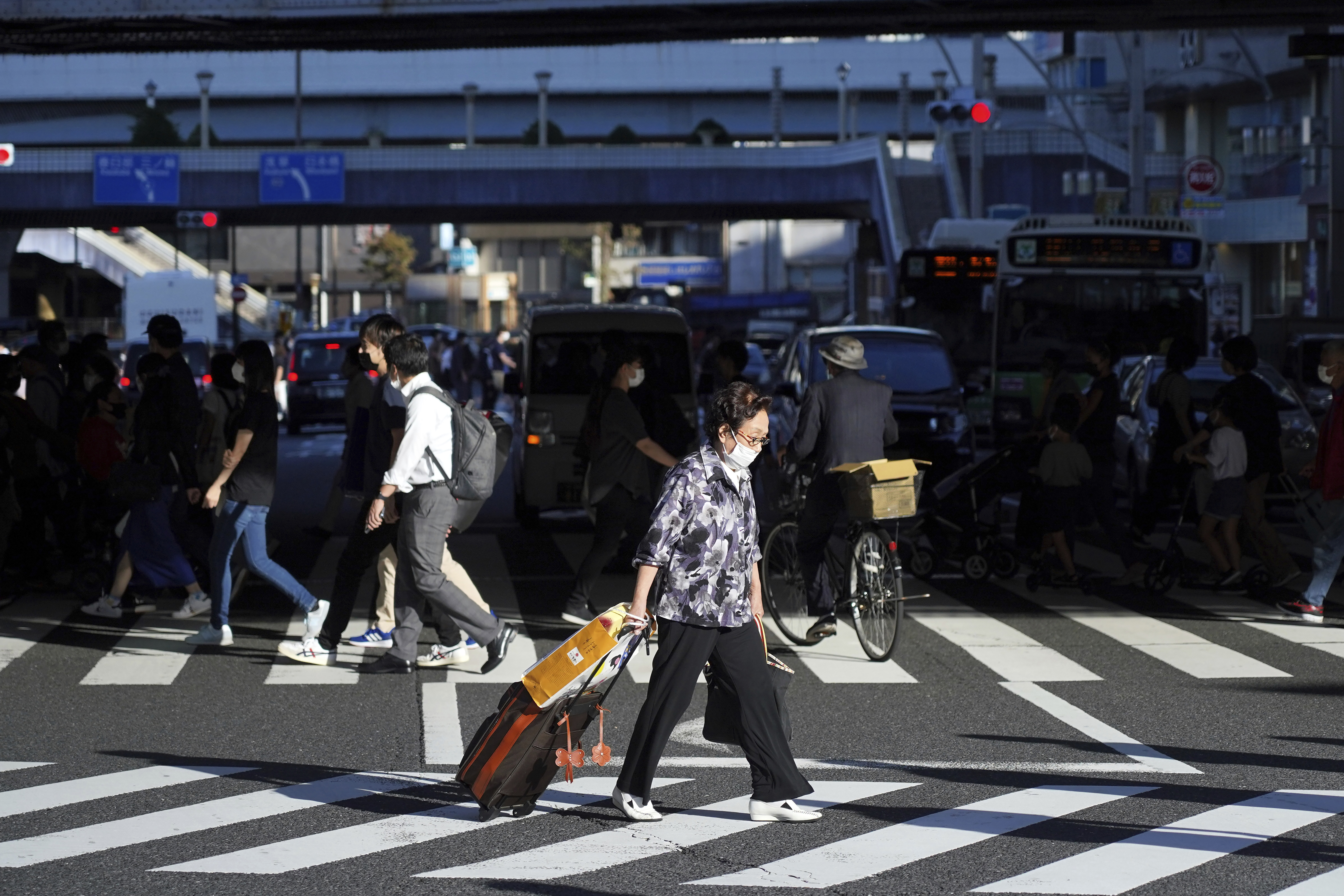
TOKYO - Governors and mayors across Japan revealed widespread skepticism about the country's ability to improve its declining birthrate by 2030, a recent survey conducted by local media showed.
Despite the government's "unprecedented measures" to tackle the challenge, including expanding child allowances and parental leave benefits, 79 percent of respondents expressed doubt that these efforts would lead to meaningful improvement, according to the survey conducted by national news agency Kyodo.
ALSO READ: Japan PM eyes $25b for child care to arrest declining birth rate
According to Japan's Ministry of Health, Labour and Welfare, the total fertility rate, which estimates the average number of children a woman will have in her lifetime, hit a record low of 1.20 in 2023, but the rate needs to be 2.07 to maintain the population. The government has labeled the period up to 2030 as the "last chance" to reverse the declining trend.
In the survey, 23 percent of respondents said they "do not think" the fertility rate will improve by 2030, while another 56 percent also gave negative answers. Only 2 percent of the surveyed local leaders were sure of such improvement.
READ MORE: Japan demographic woes deepen as birth rate hits record low
The survey highlighted a call for more comprehensive measures beyond current strategies, including government financial support to make school meals and medical expenses free, Kyodo reported Sunday.
Respondents also stressed the need to address the rise in unmarried individuals, indicating that support should extend beyond families with children to tackle underlying social challenges.



